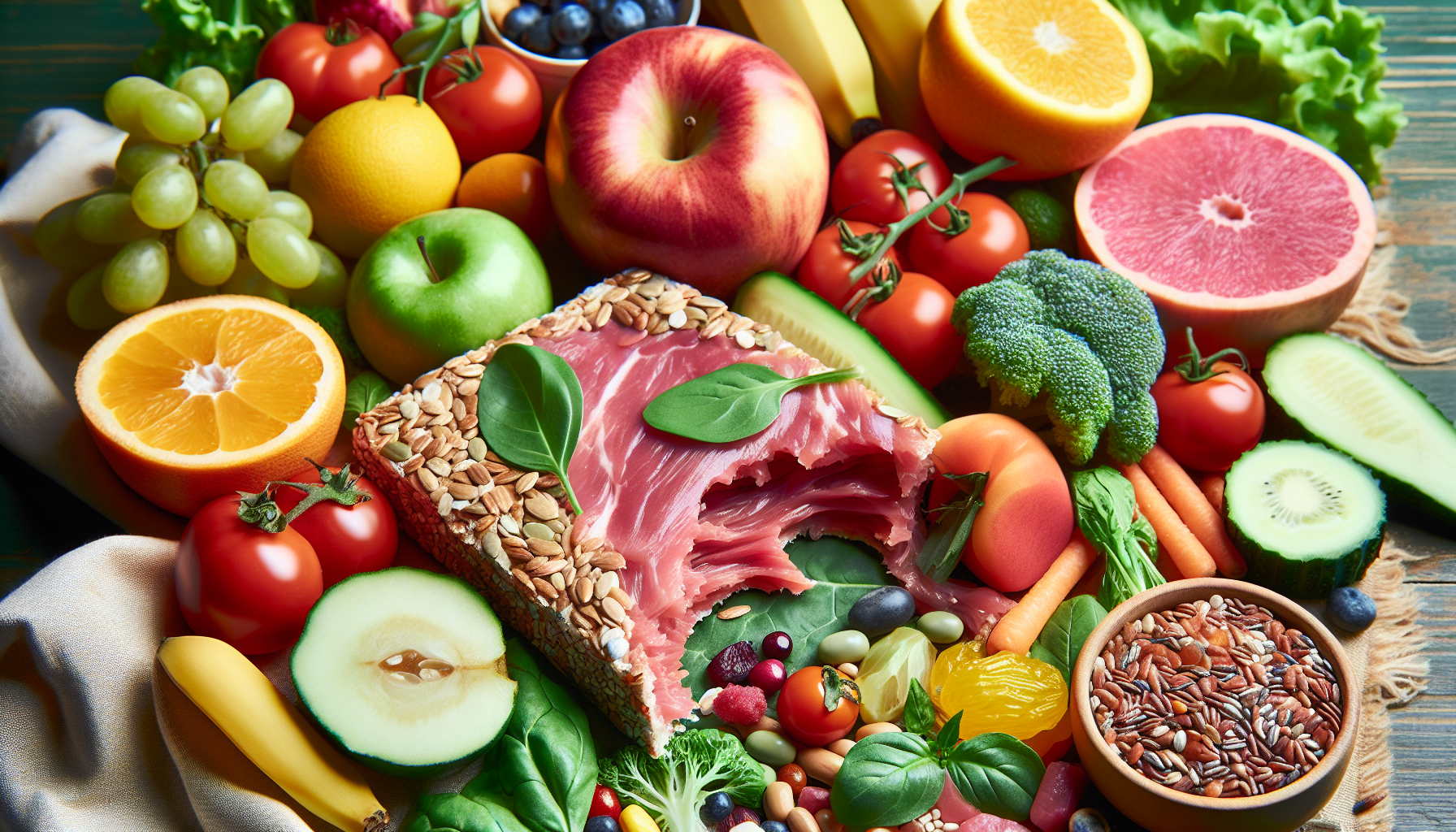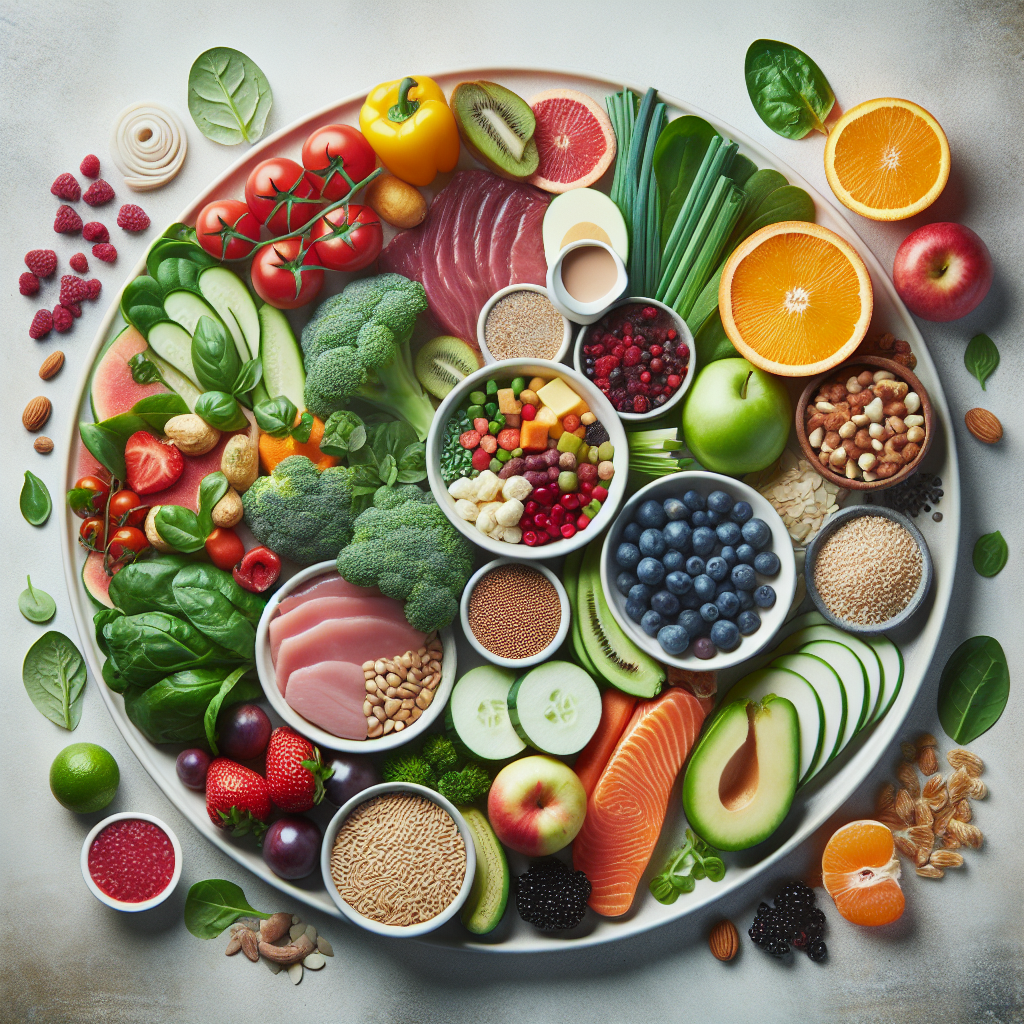The simple act of chewing is an essential, yet often overlooked, component in the digestive process. Proper mastication, or the process of chewing, plays a critical role in not only breaking down food mechanically but also in facilitating various digestive and overall health benefits. This article delves into the significance of chewing and how it can improve digestive efficiency, drawing on insights from a variety of high-quality resources and related articles.
The Mechanics of Mastication
Chewing is the first step in the digestive process. When we chew our food, we are mechanically breaking it down into smaller pieces, making it easier to digest. This allows the enzymes in our saliva to more effectively initiate the process of chemical digestion. Saliva contains amylase, an enzyme that begins the breakdown of carbohydrates, and lipase, which starts the digestion of fats. The thorough mastication of food ensures that these enzymes have ample surface area to act upon, which is crucial for proper digestion.
The Benefits of Mindful Chewing
Chewing mindfully can have a profound impact on our digestive health. It encourages us to eat slowly, which has been linked to better digestion, improved nutrient absorption, and even weight management. Slow and deliberate chewing allows more time for the signaling of satiety to the brain, thus helping prevent overeating and promoting better digestive health.
Mindful chewing also contributes to stress reduction during meals. Eating in a relaxed state can positively affect the gastrointestinal tract, minimizing issues such as bloating and indigestion. For more information on the connection between stress and digestion, the article "Assessing the Role of Stress Management in Gastrointestinal Well-Being" offers valuable insights.
The Impact of Chewing on Nutrient Absorption
The absorption of nutrients starts in the mouth. Efficient chewing breaks down food into a form that can be more easily processed by the stomach and intestines, facilitating the extraction and absorption of nutrients. This is particularly important for the absorption of certain vitamins and minerals that are bound within the food matrix. For instance, the article "Maximizing Nutrient Absorption for Digestive Wellness" highlights the critical role of mastication in nutrient uptake.
The Effect of Chewing on Oral Health
Chewing has a symbiotic relationship with oral health. The act of chewing stimulates saliva production, which not only aids in digestion but also helps to maintain oral hygiene. Saliva washes away food particles and decreases acidity in the mouth, protecting against tooth decay and gum disease. Additionally, the mechanical action of chewing strengthens the jaw muscles and promotes healthier teeth and gums. For an in-depth look at the interplay between oral health and digestion, consider reading "The Importance of Oral Health in Digestion".
The Influence of Chewing on Overall Health
Proper chewing has been linked to broader health benefits beyond the digestive system. For example, it has been suggested that thorough chewing can improve cognitive function due to increased blood flow to the brain during the process. Furthermore, it can help maintain skin health by promoting better absorption of essential nutrients that contribute to skin vitality.
Practical Tips for Better Chewing Habits
Here are some practical tips to improve your chewing habits:
- Take Smaller Bites: Smaller bites are easier to chew thoroughly.
- Count Your Chews: Aim for 20-30 chews per bite to start a habit of thorough chewing.
- Eat Slowly: Give yourself time to enjoy and properly chew your food.
- Avoid Distractions: Try to eat without the distraction of TV or smartphones.
Conclusion
The importance of proper chewing in digestive efficiency cannot be overstated. It’s the cornerstone of good digestion, nutrient absorption, and overall health. By adopting mindful chewing practices, we can enhance our digestive efficiency, ensuring that our bodies receive the full benefits of the foods we consume. For additional strategies on improving digestive health, the articles "Strategies for Improving IBS and Promoting Digestive Health" and "The Role of Dietary Antioxidants in Gut Health" offer a wealth of information.
Incorporating these practices into daily life sets the stage for a healthier digestive system and, by extension, a healthier life. So next time you sit down for a meal, remember that how you eat can be just as important as what you eat.



